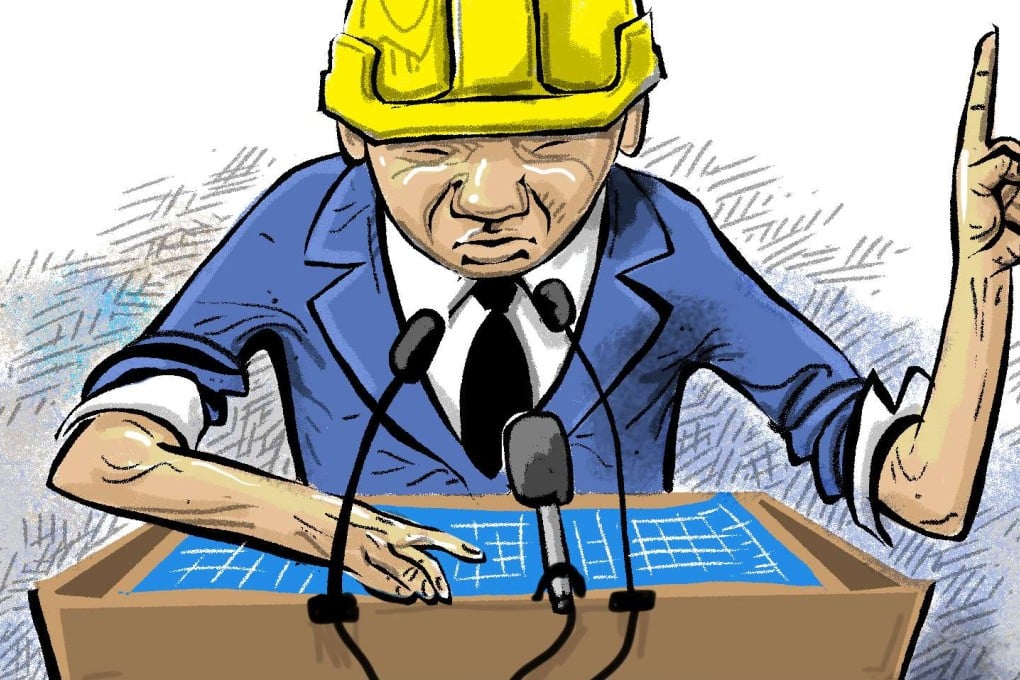No longer in thrall to Western democracy, Asia turns to technocrats for answers
Parag Khanna says increasingly, Asians favour pragmatic, outcome-oriented governance, and prefer to be ruled by civil servants rather than politicians


Donald Trump’s brand of populism exists in many societies
But what may be true for the West need not derail the East, where governments have generally stayed a pragmatic course. The difference is more than just politics; it is about systems. While Western democracies are creaking, Asia’s more technocratic governments are committing maximum effort to address the underlying challenges of infrastructure, education and jobs. This is good both for Asia and the world.
What may be true for the West need not derail the East
In the Western and particularly American narrative, a deep complacency has set in that confuses politics with governance, democracy with delivery, process with outcomes. Good governments are equally focused on inputs and outputs. Their legitimacy comes both from the process by which the government is selected and the delivery of what citizens universally proclaim they want: solid infrastructure, public safety, clean air and water, reliable transportation, ease of doing business, good schools, quality housing, dependable childcare, freedom of expression, access to jobs, and so on.
The Asian technocratic mindset is that delay in getting these things done is itself a form of corruption. Instead of indulging in perpetual blame games, good technocracies are always out to solve their problems. The only ideology of technocracy is pragmatism.

Because Asian societies are modernising, they will evolve towards better governance that balances political openness with goal-oriented technocracy. But there’s no way they want to wind up as the divided societies they once were and that Western nations have become. As far as Asians are concerned, for democracy to be taken seriously, it has to deliver.
As far as Asians are concerned, for democracy to be taken seriously, it has to deliver
Technocracy, then, is a more important feature of Asia’s future than democracy. Asia’s major democracies – India, Indonesia and the Philippines – are all in the process of getting their act together in the hope of emulating the region’s better-run technocracies.
This means not just Singapore and China but even Malaysia, Vietnam and Thailand. Malaysia is mired in corruption but is a stable, modern multi-ethnic state with first-world infrastructure and rising prosperity. Vietnam is a single-party regime yet has massively modernised the country and reduced poverty. Thailand’s 2014 coup ousted incompetent democratic leaders in favour of a military junta, and Thais backed a permanent political role for the military in a referendum last year. These aren’t ideal regimes, but they are superior in their postcolonial performance than numerous large Asian democracies such as Bangladesh.
